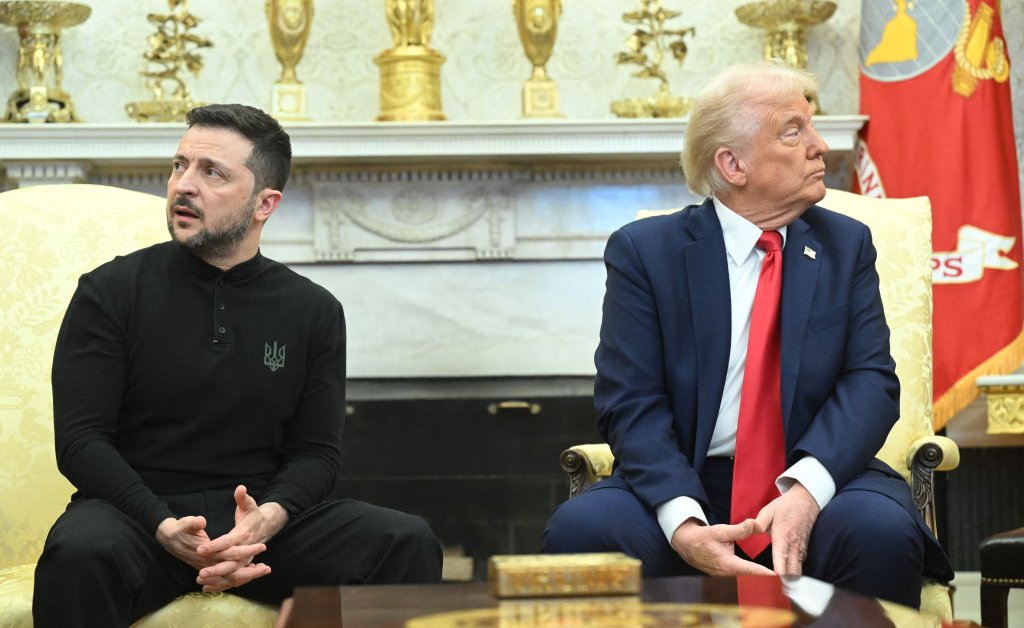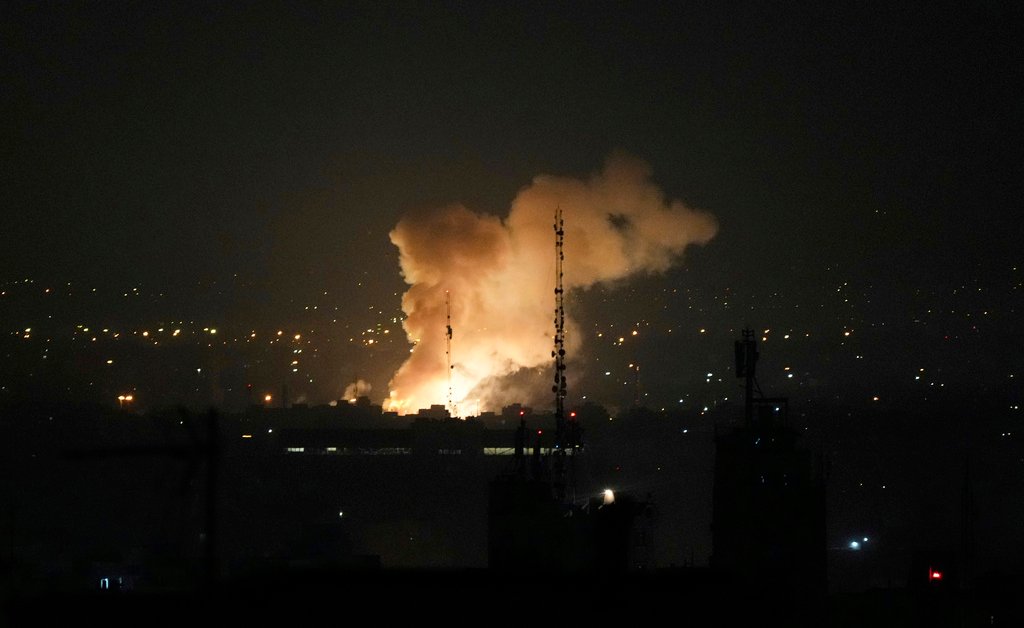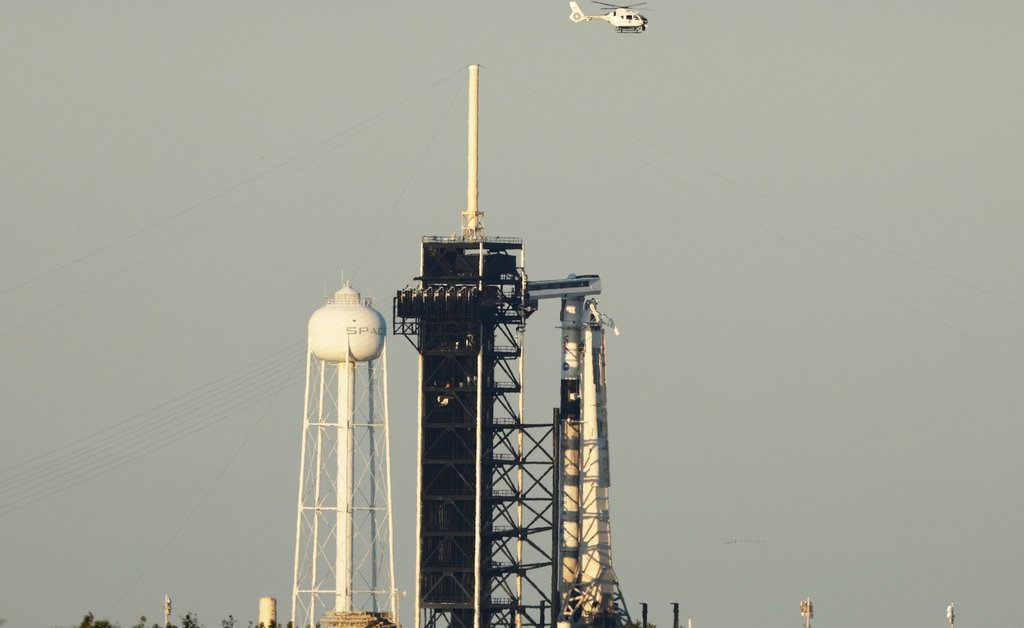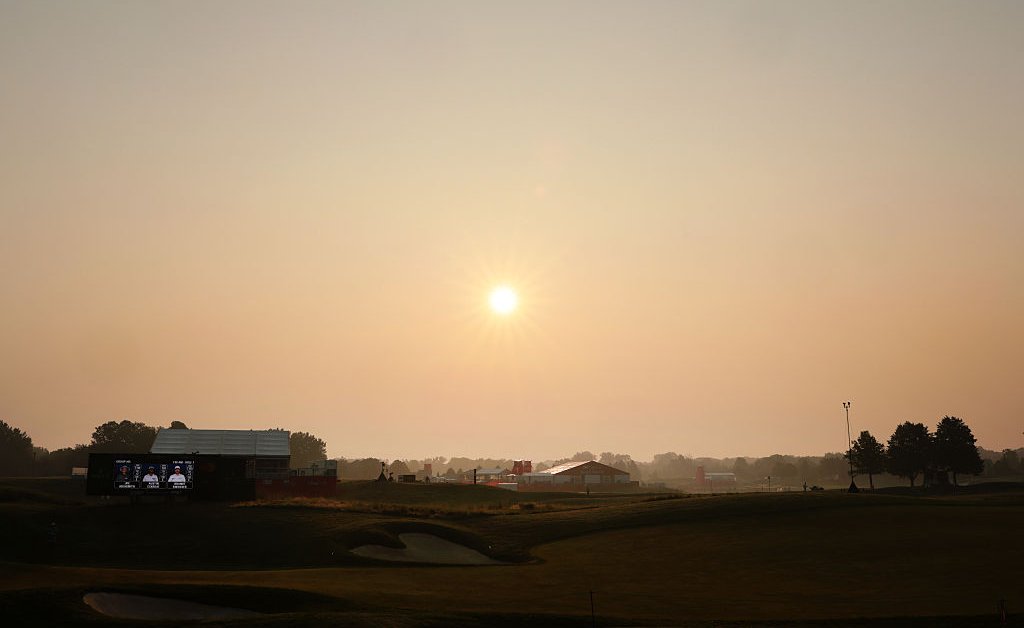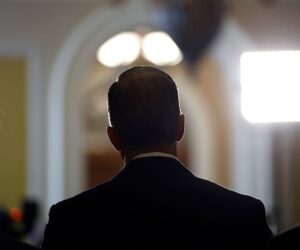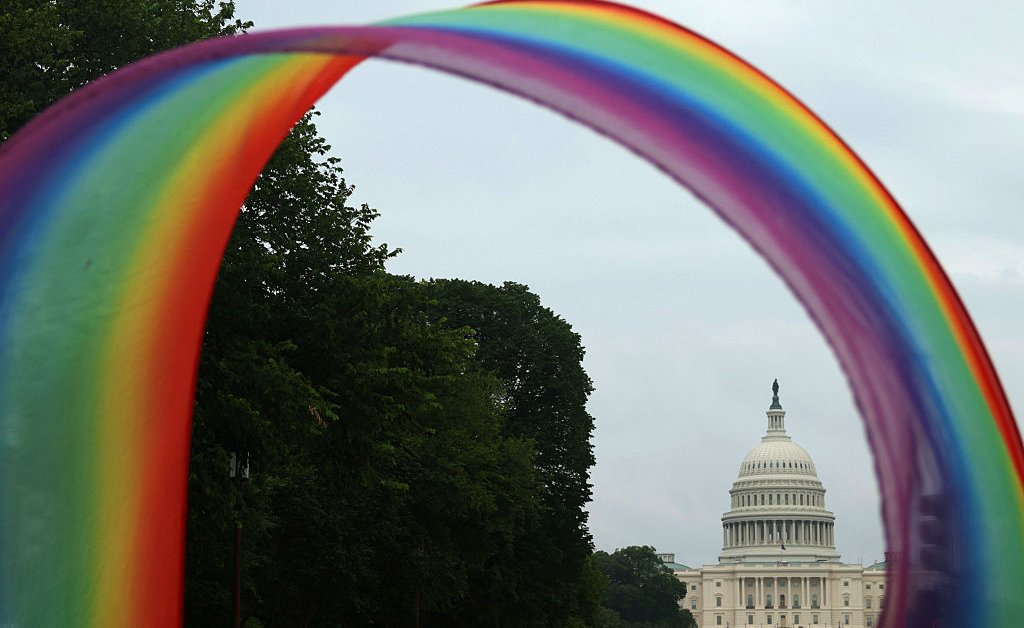This article is part of The D.C. Brief, TIME’s politics newsletter. Sign up here to get stories like this sent to your inbox.
Given the optimistic tone coming from so many world leaders ahead of Donald Trump’s Friday meeting with Vladimir Putin, one might be forgiven for believing a peaceful end to Russia’s war in Ukraine was merely hours away.
German Chancellor Friedrich Merz called Wednesday’s video call with Trump to discuss Trump’s upcoming meeting with Russian President Vladimir Putin “a truly exceptionally constructive and good conversation.” From his point of view, Trump “would rate it a 10, very friendly.” Putin told reporters on Thursday that he saw Trump making “quite energetic efforts to stop the fighting, end the crisis, and reach agreements of interest to all parties involved in this conflict.”
All the while Ukrainian President Volodymyr Zelensky, whose country remains under constant attack from Putin’s Russia, seemed to say what everyone else didn’t want to acknowledge: “Putin does not want peace. He wants to occupy us completely.”
Ahead of a bilateral summit between U.S. and Russian leaders slated to take place on Friday in Alaska, no one was offering hard predictions. It’s impossible to forget just how effectively Putin has succeeded in bending Trump with his charm, brutality, and mind games. The session in Anchorage is likely far from resolving the three-year-old war but could, if Trump’s comments this week hold true, a first step toward winding down a conflict that has left Trump beyond frustrated that he cannot simply will peace into being.
But everyone has seen Trump set out with one plan only to see him return with a completely revised notion. It’s why Putin is already trying to distract Trump with other agenda items before they even meet.
To be blunt, it’s a coin-toss what happens next. But one thing is certain: none of it will match the tranquility and conformity that leaders were trying to project heading into this session. Trump is famous for going into these sessions under-prepared and over-confident. And recent reports suggest Trump may be preparing a deal with Russia that would trade rare minerals—perhaps those mined in Alaska—with Russia in exchange for peace in Ukraine, a suggestion Trump did not shoot down during a Thursday meeting with reporters. Separately, there are reports that Trump is bandying around an idea that would give Russia military and economic control of an occupied Ukraine, much like Israel has the run of the Palestinians’ West Bank.
Indeed, the expectations-lowering machine was going so fast this week you could see the smoke coming off the gears, with Trump on Thursday doubling-down on the idea that Friday’s session was merely an opening act for the real games that would come quickly and with Zelensky on hand.
“We have a meeting with President Putin tomorrow,” Trump told reporters in the Oval Office on Thursday. “I think it’s going to be a good meeting, but the more important meeting will be the second meeting that we’re having. We’re going to have a meeting with President Putin, President Zelensky, myself, and maybe we’ll bring some of the European leaders along. Maybe not.”
It’s the maybe not that has a lot of Ukraine’s allies on edge. Europe’s bloodiest war since 1945 has left the continent unsettled, the West dusting off its Cold War instincts, and Russia increasingly isolated. This will be the first time Putin has had an in-person audience with a U.S. President since 2021, or since he invaded Ukraine the following year. That Trump would welcome Putin on U.S. soil was being spun both as Trump securing home-turf advantage and a moment of capitulation to a cold-blooded dictator whose values are anathema to American values.
For his part, Trump has been aggressively cagey about the summit’s goals as he tries to improvise his way toward the Nobel Peace Prize he openly covets.
“We’re going to see what happens. And I think President Putin will make peace. I think President Zelensky will make peace. We’ll see if they can get along, and if they can, it’ll be great,” Trump said of the two leaders who have killed thousands of foes in a battle that seems fated.
White House officials and their proxies on the outside have been shameless in repositioning the goalposts so that Trump could declare a win no matter the outcome. The talking point calling the summit a “listening experience” drew so much derision, it teeters on becoming the new Infrastructure Week, a branding campaign infamous for its lack of tangible results. On Thursday, Trump leaned into that posture in his freewheeling session with reporters.
“We’re going to find out where everybody stands,” Trump said, seemingly oblivious to the fact Russia invaded Ukraine and has been far from an honest negotiating partner. “And I’ll know within the first two minutes, three minutes, four minutes, or five minutes left, we tend to find out whether or not we’re going to have a good meeting or a bad meeting. And if it’s a bad meeting, it’ll end very quickly, and if it’s a good meeting, we’re going to end up getting peace in the pretty near future.”
In an earlier radio interview, Trump said he put the odds of a failed summit at one-in-four and said he would leave Alaska immediately if things go sideways.
The pieces were certainly in the wings for that outcome. Putin is bringing with him a business delegation that could distract Trump from the task at hand with the prospect of big-ticket investment vehicles. Trump, above all else, sees himself as a deal maker, and an economic package at home could prove more tempting than peace in a far-away corner of the globe. At the same time, Kremlin officials have dangled a nuclear treaty as another potential subject of conversation.
Trump’s advisers see the risk. Putin knows its potential. And Trump himself seems indifferent to the distractions hiding in plain sight.
So as Friday’s summit barrels toward a starting pistol, it is the diplomatic equivalent of a jump ball, with two nuclear powers making a play as Ukraine is left to watch from afar a discussion about its sheer survival.
Make sense of what matters in Washington. Sign up for the D.C. Brief newsletter.

